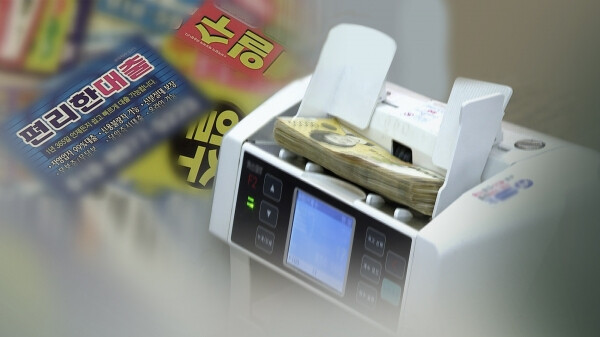
Seoul, South Korea – South Korea is grappling with a rising tide of household debt as the delinquency rates of credit cards and savings banks have surged in recent months. This trend is attributed to a combination of factors, including rising interest rates, economic uncertainty, and increased borrowing by vulnerable households.
According to the latest financial data, the delinquency rate of credit cards, which refers to the percentage of outstanding credit card balances that are more than a month overdue, has increased significantly. Major credit card companies, including Woori Card, Hana Card, and KB Kookmin Card, reported higher delinquency rates in the third quarter compared to the same period last year.
Savings banks, often seen as a last resort for borrowers with limited access to traditional banking services, have also experienced a surge in delinquencies. The delinquency rate for savings banks reached a level of 8.5% in the third quarter, up from 6.55% at the end of last year.
Factors Driving the Increase
Several factors are contributing to the rising delinquency rates:
Rising interest rates: Higher interest rates have made it more difficult for borrowers to service their debts.
Economic uncertainty: The global economic slowdown and domestic economic challenges have put a strain on household finances.
Increased borrowing: Many households have turned to credit cards and savings banks to meet their financial needs, leading to higher levels of debt.
Vulnerable Households at Risk
The Korea Financial Research Institute reported that the proportion of borrowers who were more than 30 days overdue on their loans had increased to 2.0% in June, up from 1.7% a year earlier. This trend was particularly pronounced among self-employed individuals, whose delinquency rate rose to 2.3%.
Call for Government Intervention
Experts warn that the rising delinquency rates could pose a significant risk to the financial stability of the country. They have called for the government to implement measures to support vulnerable households and prevent a further deterioration of the situation.
"The government needs to take comprehensive measures to address the rising delinquency rates," said [Name], a researcher at the Korea Financial Research Institute. "This includes providing financial support to vulnerable households, improving the credit counseling system, and promoting financial literacy."
[Copyright (c) Global Economic Times. All Rights Reserved.]




























